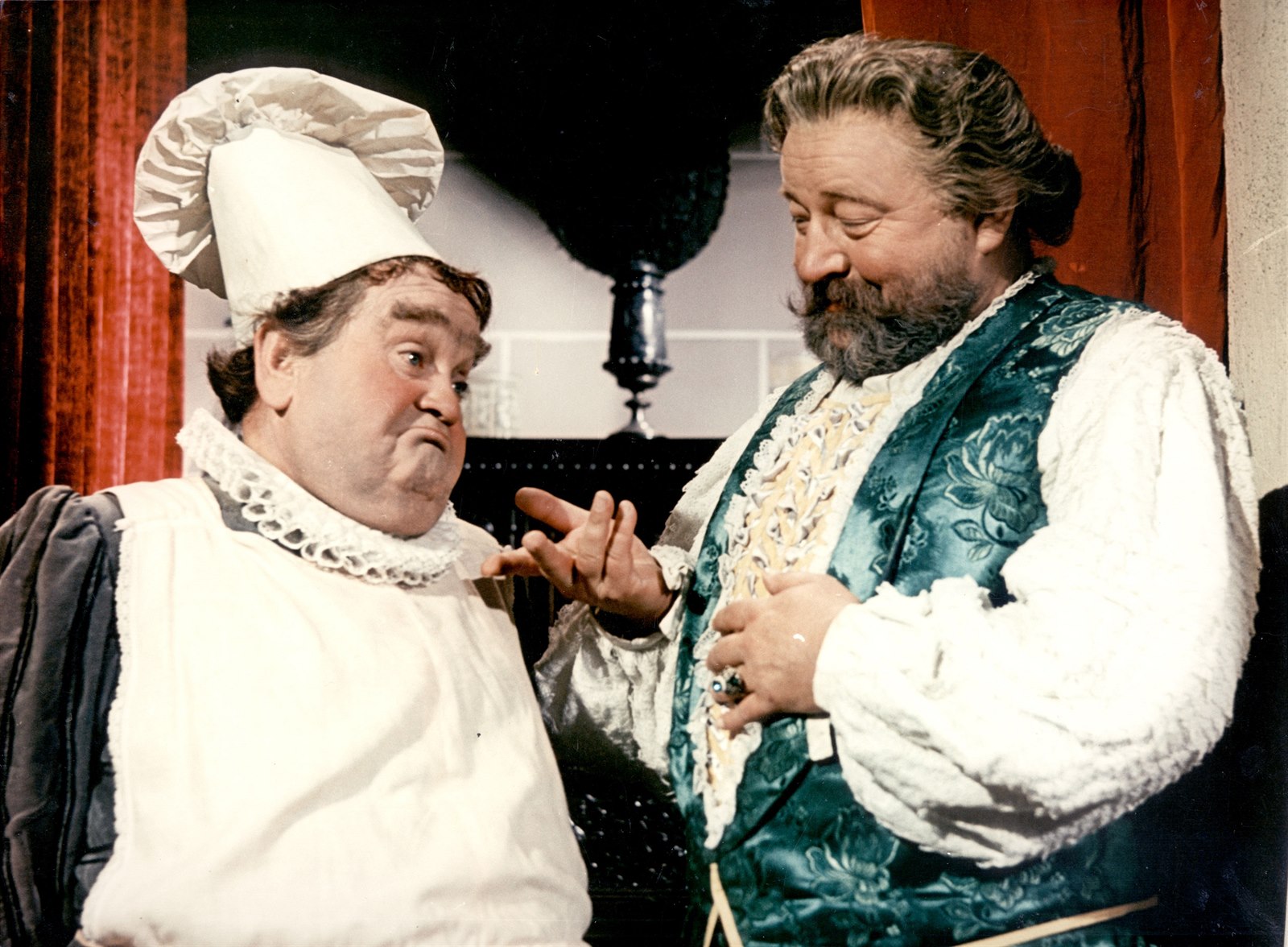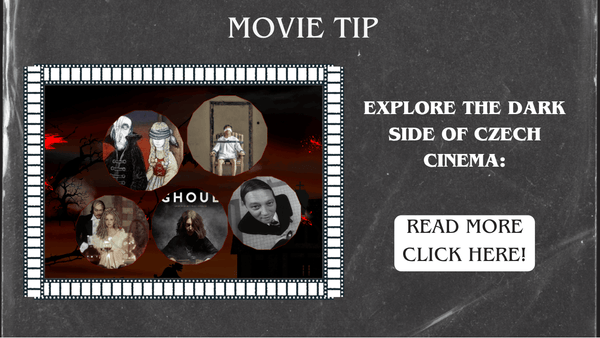
The film underwent significant changes in its direction and vision, particularly when Martin Frič replaced Jiří Krejčík as the director following creative differences with Werich. This shift brought a new perspective to the project, enhancing its impact. The production, notably expensive for its time, faced several changes, including reshooting scenes, contributing to its grandeur.

Werich's theatrical performance style, though sometimes criticized for being overly dramatic, adds a unique humor to the film. His approach, combined with the clever use of comedy to address serious themes, makes the film not only entertaining but also thought-provoking.

Did you know about these fascinating aspects of the film?
Astronomical Budget: The film's budget reached an extraordinary 27 million Czech korunas, highlighting its lavish production scale and attention to detail.
Directorial Change and Its Impact: Originally set to be directed by Jiří Krejčík, creative disagreements led to Martin Frič taking over. This change significantly influenced the film's artistic direction and narrative style.
Jan Werich's Injury: Werich suffered a severe injury during the filming of a bath scene, which led to a 14-day halt in production, showcasing the unpredictabilities of filmmaking.
Script Writing Freedom: Co-written by Jan Werich and Jiří Brdečka, the script faced minimal censorship, allowing for subtle satire and political commentary - a rarity in the era's communist regime.
Casting Choices and Creative Disputes: The original casting envisioned by Krejčík was altered following the directorial change, bringing a different dynamic to the film and its characters.

The Emperor's Baker - The Baker's Emperor remains a cherished masterpiece in Czech cinema, its blend of historical elements, humor, and fantasy continuing to captivate audiences and securing its place as a timeless piece of cinematic art.












